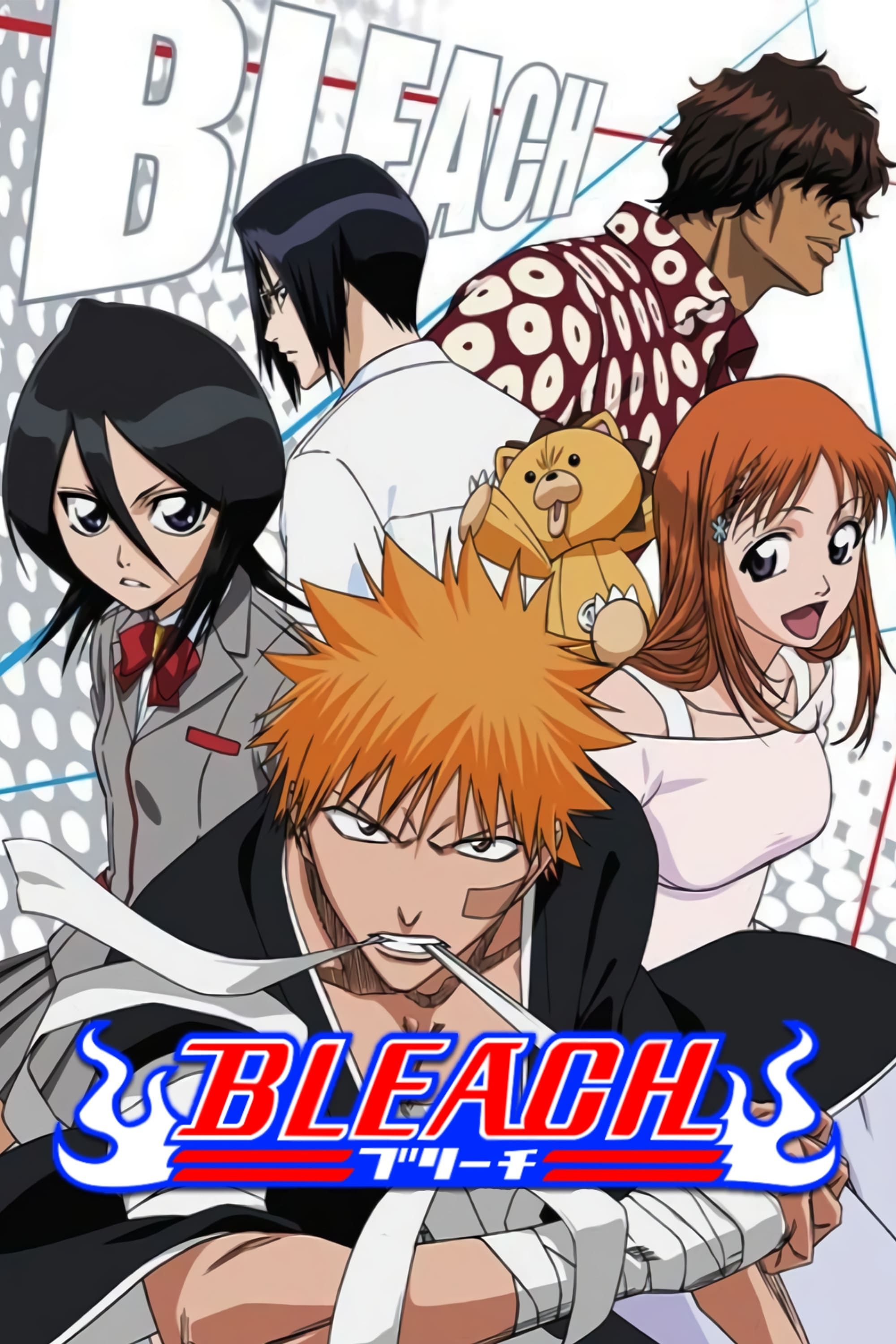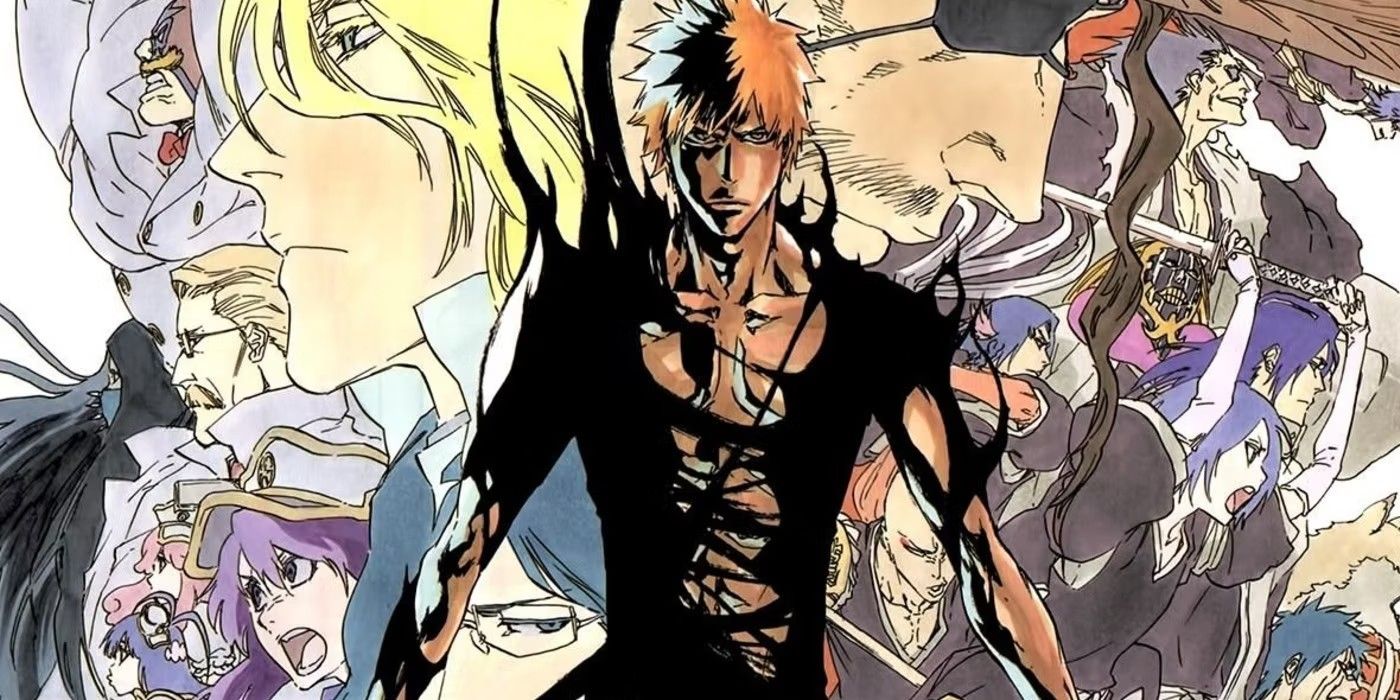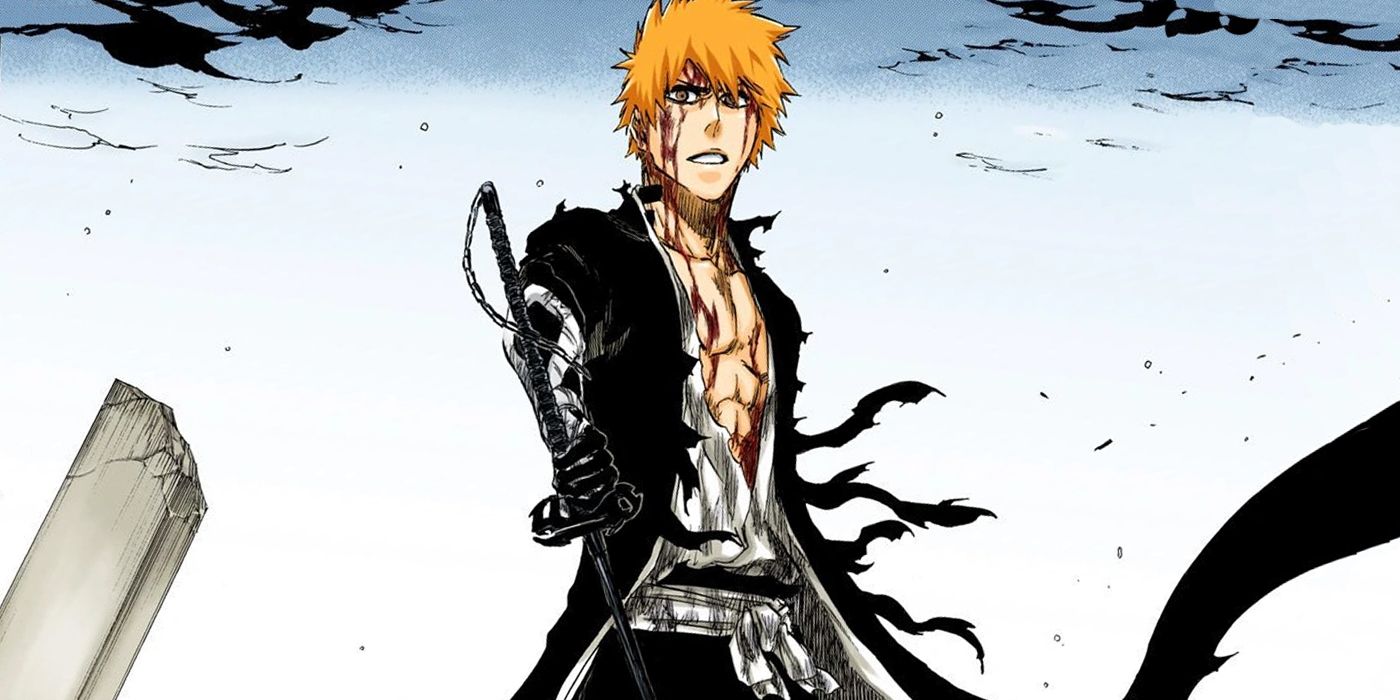Summary
- The ending of Bleach was rushed due to Tite Kubo's poor mental and physical health, not because of poor sales or pressure from the publisher.
- Kubo suffered from a partially torn tendon in his left shoulder and requested the manga to end within one or two years due to his deteriorating health.
- The Bleach: Thousand-Year Blood War anime, with Kubo's involvement, offers a chance to fix the disappointing ending and provide fans with the conclusion they deserve.
The controversial ending of Bleach has a real-life explanation that will break fans' hearts. It is well known that the manga created by Tite Kubo had to rush toward its ending, but after more than six years, assumptions, urban legends, and unverified theories still surround that decision. With the Bleach anime returning to adapt the Thousand-Year Blood War arc, it is more important than ever to understand exactly why Bleach ended the way it did.
When the Bleach manga ended in 2016, fans of the series were left with a bitter taste in their mouths. The anime had ended four years earlier, in a rare instance of an anime adaptation stopping before the source manga. The final manga arc, Thousand-Year Blood War, is generally considered one of the worst, due to the many plot holes and loose story threads, especially after the first invasion of Soul Society by the Quincy.
As many fans know, Kubo revealed in the afterword of the Bleach novel Can't Fear Your Own World that in 2015, Bleach publisher Shuisha gave Tite Kubo one year to conclude the manga, but the details of why are still vague. A common misconception is that Kubo was forced by Shueisha to end the manga due to poor sales, but the truth is actually very different.
Tite Kubo's Health Is The Actual Reason Why Bleach Ended So Badly
A Shoulder Injury Put Kubo & Bleach Publisher Shueisha in a Tough Spot
In 2016, Kubo was suffering from poor mental and physical health due to the strain caused by the unforgiving schedule of serializing a manga in Weekly Shonen Jump. It's important to remember that, since the beginning of his career, Kubo had trouble keeping up with the weekly magazine's demands and relating with his editors, but he kept working through all the stress. When 2016 came around, Kubo was suffering from a partially torn tendon in his left shoulder, which he never had the chance to get surgery for.
So, while it's true that it was Shueisha's decision to rush the ending of Bleach (two years would surely have let the story pan out better), it was actually Kubo who wanted the manga to end
As his health kept deteriorating, Kubo finally approached the editors and asked them to end his series in the span of one or two years, and they gave him one year to end Bleach. So, while it's true that it was Shueisha's decision to rush the ending of Bleach (two years would surely have let the story pan out better), it was actually Kubo who wanted the manga to end, as he had reached his limit. Luckily, the mangaka has taken better care of his health in the years since and is now involved in the production of the Thousand-Year Blood War anime.
Manga is infamously a tough business, with Yu Yu Hakusho and Hunter x Hunter creator Yoshihiro Togashi also experiencing many health issues due to the strain of manga creation.
This story, while incredibly sad, is also very common in the harsh world of manga. Artists have to work hellish schedules to ensure that a new chapter is published each week, and cases like Eiichiro Oda, who has been working on One Piece for twenty-five years nonstop, are the exception rather than the norm. Unfortunately, the issues with Thousand-Year Blood War detract heavily from the ending of one of the most popular manga of all time. It is a testament to Kubo's commitment as an artist that, even with a torn tendon, these issues all revolve around the cuts made to the plot, not the art.
Kubo's Involvement In Thousand-Year Blood War is Fixing The Manga's Ending
By all accounts the Bleach: Thousand-Year Blood War anime is fixing the manga's disappointing ending. Kubo's direct involvement with the production of the anime means he's adding more to the story, including showing the missing Bankai of many Shinigami. Part 2 of Thousand-Year Blood War revealed Shinji's Bankai, showing fans what it looks like in action. The anime has gone to great lengths to fix parts of the manga that many fans felt were disappointing, leading to Bleach Thousand-Year Blood War being the definitive ending of the series. The anime might not be finished, but what's there is quite promising.
While Shueisha bears some responsibility, the poor health of Tite Kubo is the real motivation behind the rushed conclusion of Bleach, so fans can hope that the new anime will stick the landing and give the beloved series the ending it always deserved.
Sources: several sources were consulted for this article, including this Reddit thread and this YouTube video by HitReg.

Bleach
Bleach is a popular anime created by Tite Kubo. The franchise started as a Japanese manga series. Ichigo Kurosaki is the main protagonist who is granted the powers of a being called the Soul Reaper. The success of the manga led to an animated series of the same name that ran from 2004-2012.
- Cast
- Johnny Yong Bosch , Michelle Ruff , Stephanie Sheh , Jamieson Price , Derek Stephen Prince , Wally Wingert
- Release Date
- September 6, 2006
- Seasons
- 16
- Network
- Funimation
- Writers
- Tite Kubo , Masashi Sogo
- Directors
- Noriyuki Abe , Jun'ya Koshiba
- Showrunner
- Tite Kubo


